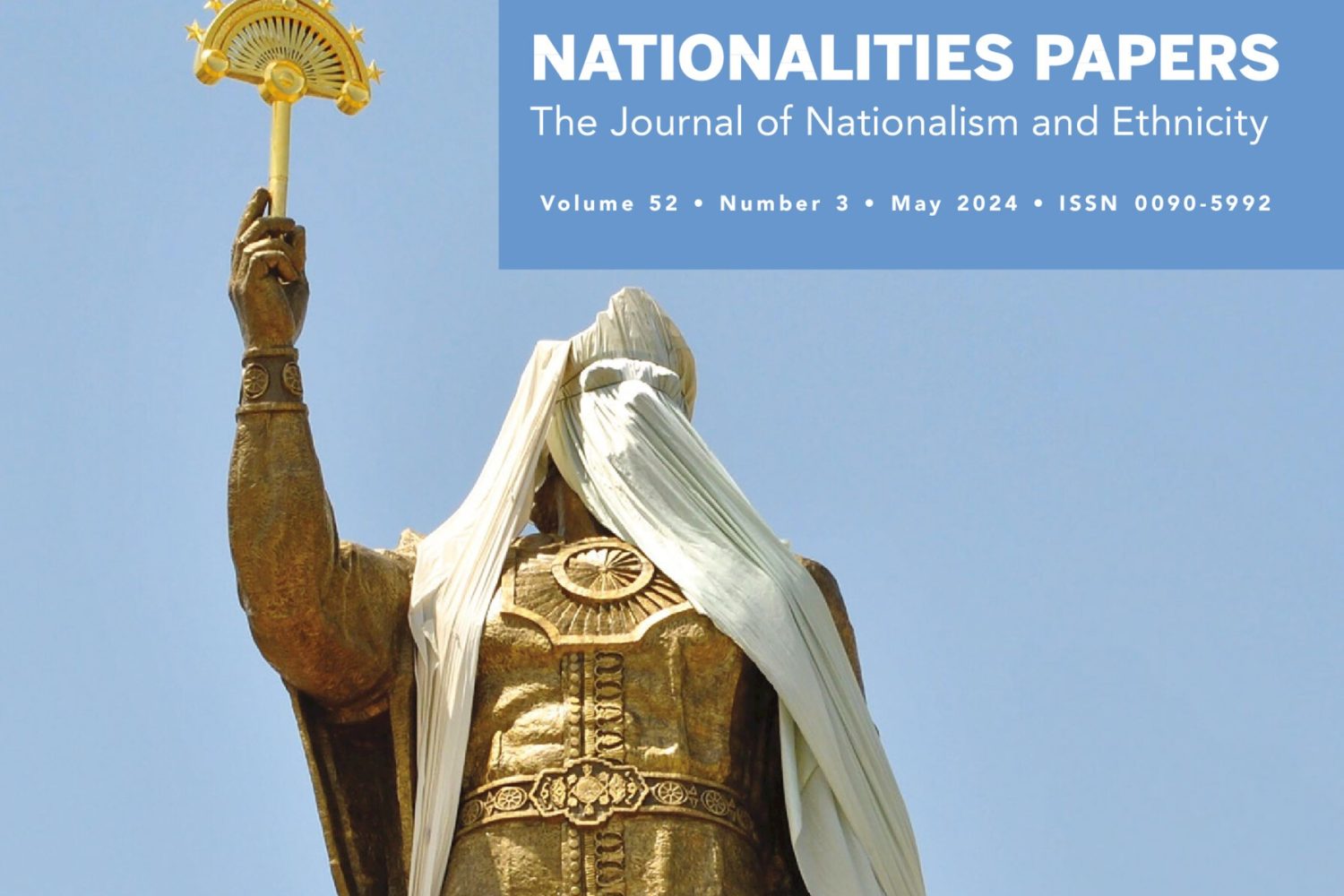© The Author(s), 2024. Published by Cambridge University Press on behalf of Association for the Study of Nationalities
Georgia represents an interesting case to study the agency of small states in reshaping their regional identity and external environment. Although much of the world has considered Georgia as politically part of the South Caucasus region, the country’s political elites themselves have long attempted to escape the geographic boundaries of the South Caucasus region and relocate their country into Eastern Europe. We argue that Georgian elites were partially successful in their quest for foreign political identity change. Although they did not manage to entirely change the international perception about Georgia’s geographic belonging, the country has politically moved closer to Eastern Europe and is considered to be part of “Associated Trio” together with Ukraine and Moldova—and recently became an EU candidate. From a theoretical perspective, we argue that Georgia’s quest for foreign policy identity recalibration fits the constructivist paradigm of international relations well. It can be argued that Georgia’s political elites were partially driven by ideational factors and were ignorant of the balance of power in their external environment, which cost the country the lost wars and compromised territorial sovereignty.
Authors: Kornely Kakachia, Bidzina Lebanidze
Published online by Cambridge University Press: 16 May 2024
VIEW DOCUMENT: Can Small States Reshape Their Regional Identities? Examining Georgia’s Cognitive Dissonance between South Caucasus and Eastern Europe

